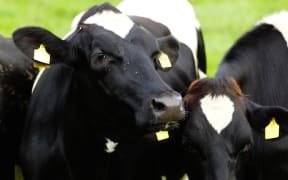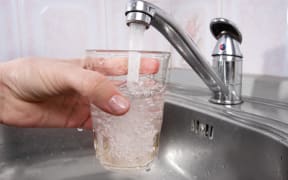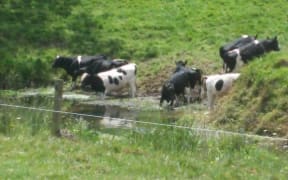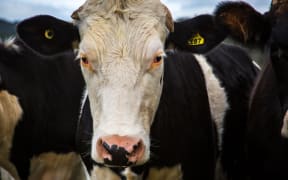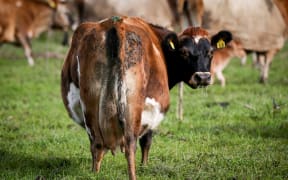It is disappointing some farmers still don't have effluent systems that can cope with the number of cows on their farms, the Waikato Regional Council says.
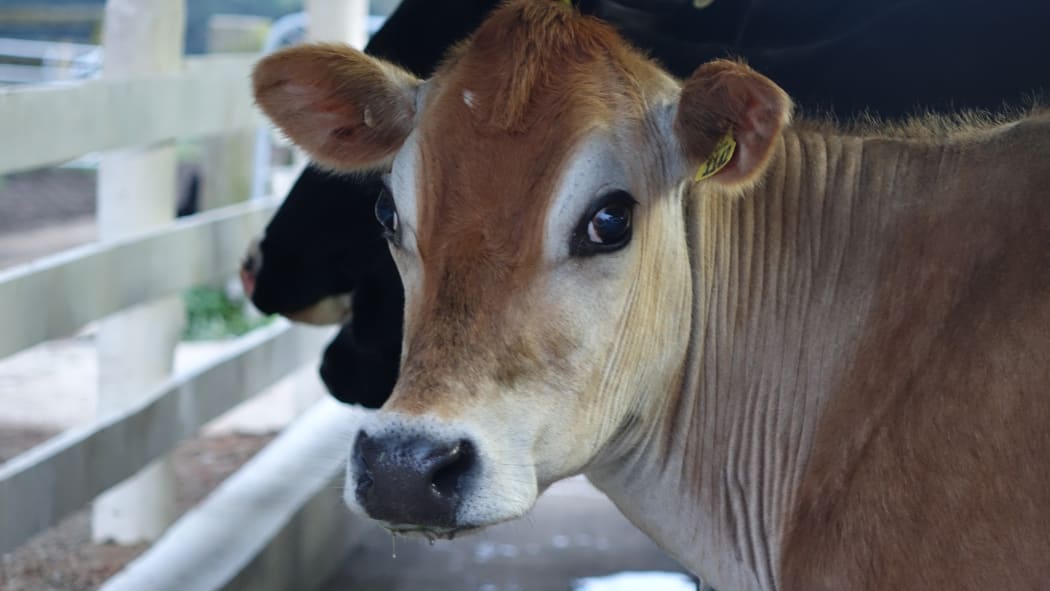
The Waikato Regional Council found this year that 16.5 percent of farms monitored have high risk effluent systems that could contaminate the environment. Photo: RNZ / Alexa Cook
This week the council fined Ian Troughton and his family business $65,750 for discharging dairy effluent into the Piako River and the Waihou River.
In 2012 the farm was inspected by the council and Mr Troughton was told that his effluent storage was at high risk of overflowing.
The discharges occurred between December 2015 and March 2016 at farms located at Patetonga and Turua, and Mr Troughton was sentenced for offences under the Resource Management Act.
The council said in the current year, from 30 June 2016 to 30 June 2017, approximately 1200 dairy farms would be monitored out of the 4500 dairy farms in the region.
It has found 16.5 percent - or 127 - of the 773 farms checked so far were found to have high risk effluent systems that could contaminate the environment.
Its investigations manager, Patrick Lynch, said this was one of the main factors contributing towards non-compliance.
"For our farming services team here, who are regularly out on farms, that is probably their single biggest concern... they're still finding a good number of farms out there that simply do not have adequate capacity to hold the effluent that's being produced.
"They're high risk, there is no margin for error, they need to irrigate, in some cases every single day, and that's impossible due to weather conditions or other priorities on the farm."
Mr Lynch said the Waikato Regional Council currently had 10 staff dedicated to monitoring dairy farms.
"There are regular checks but the big challenge in the Waikato region is there are 4500 dairy farms here," he said.
"We simply can't get to every single farm and certainly not every single year ... The farming services team here does their very best to get around as many farms as they can but also we are very reliant on members of the public being our eyes and ears out there."

